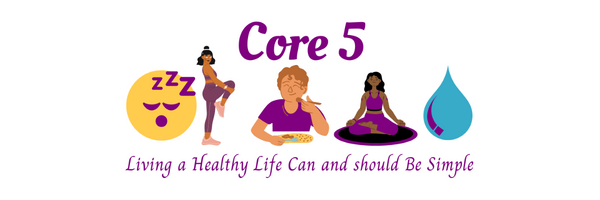When things aren’t going our way, it’s hard to put into words how difficult it can be to keep going. Or to even think about keeping going.
Our attempts to avoid, criticize, or combat our frustrations often make them worse. So what can a well-meaning person do?
First, let’s understand our biological mechanisms so we can be empowered to act in our best interest.
We have a part of our brains, the amygdala, which activates our stress response. Our stress response is dumb – it either activates or it doesn’t. This is why we react to confrontation with a friend like how we would to being chased by a hungry lion. The stress response doesn’t care – it just activates or it doesn’t (it’s a bit more complicated than this, but not really, and definitely not for our purpose here).
We humans are a social species. For much of our existence, we’ve relied on communal bonds to survive. As kids, we relied on our parents/guardians to comfort and soothe us as we learned how to navigate life, and this activated a so-called “comfort system” in the brain that would effectively drive away our stress response.
So, how can we activate that comfort system when we need it? You guessed it – practicing compassion!
How to practice self-compassion
Firstly, let’s not overcomplicate it. I’m convinced that all impactful actions to improve our health can be quite simple, and this is no different.
My favorite method is to practice self-compassion for our younger selves. Get a picture of younger you, ideally from when you were going through a difficult time. Look at younger you, and imagine the compassion you feel for that person.
Tell them softly and gently, in your mind or out loud: you understand their experience and what makes it so difficult. Tell them that they’re not to blame, that whatever they feel is perfectly okay and normal. Tell them they won’t feel this way forever and that you’re proud of how strong they are for living through it.
Tell mini-you whatever else comes to mind. Feel the compassion for them. Tell them that bigger, stronger current-you will be there with them every step of the way so there’s nothing to worry about.
This can be a powerful practice if done genuinely. I often feel waves of good feelings and sometimes tears when I practice. Saying this, we must go in with no expectations and simply see what happens. Like anything, if this doesn’t work for you or if you don’t like it, you can drop it and move on.
For when we’re not ready to practice compassion for ourselves
There are times when we feel down, upset or disappointed in ourselves, and the last thing we feel like is giving ourselves some love. This is a normal human experience, albeit a crappy one.
However, we’re far from helpless in these moments. It’s actually easier for us to practice compassion for others than for ourselves. Studies indicate that showing compassion for others – anyone at all – triggers the same comfort system in the brain that activates when we practice self-compassion.
Practicing compassion for others
It’s up to you who you choose. It could be someone who just moved to a new country and is struggling to get by with limited knowledge of the local language. Maybe a child who is stressed out by the overwhelm of focusing on school and social life.
It’s best if you have an actual photo of someone in front of you, even if it’s a Google image and you need to pretend. The benefits are all still real. Practice speaking kindly to them, showing them understanding and compassion.
Conclusion
By practicing compassion, we decrease the power that our stress/threat response holds over us, and increase our comfort system. This builds resilience, optimism, and puts us on an upward, positive spiral.

